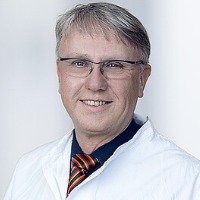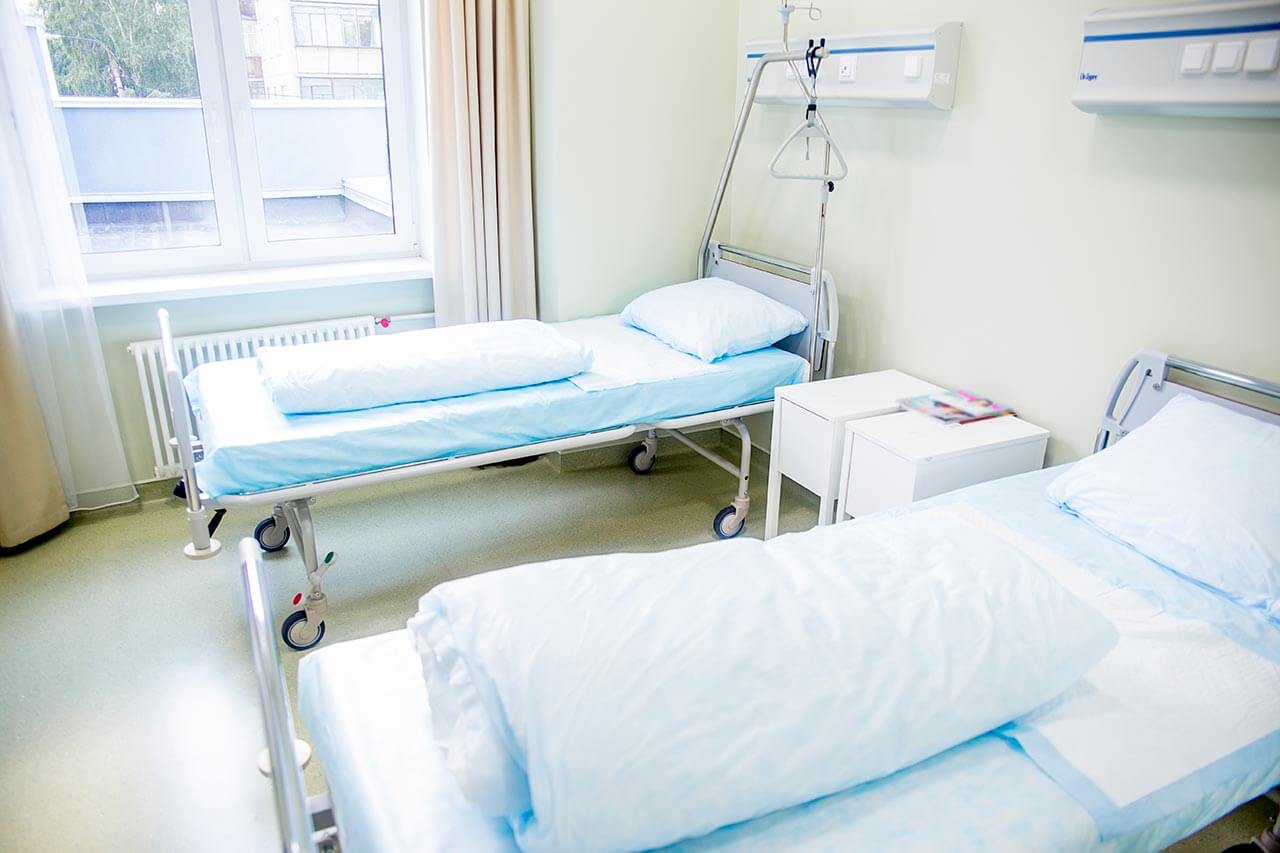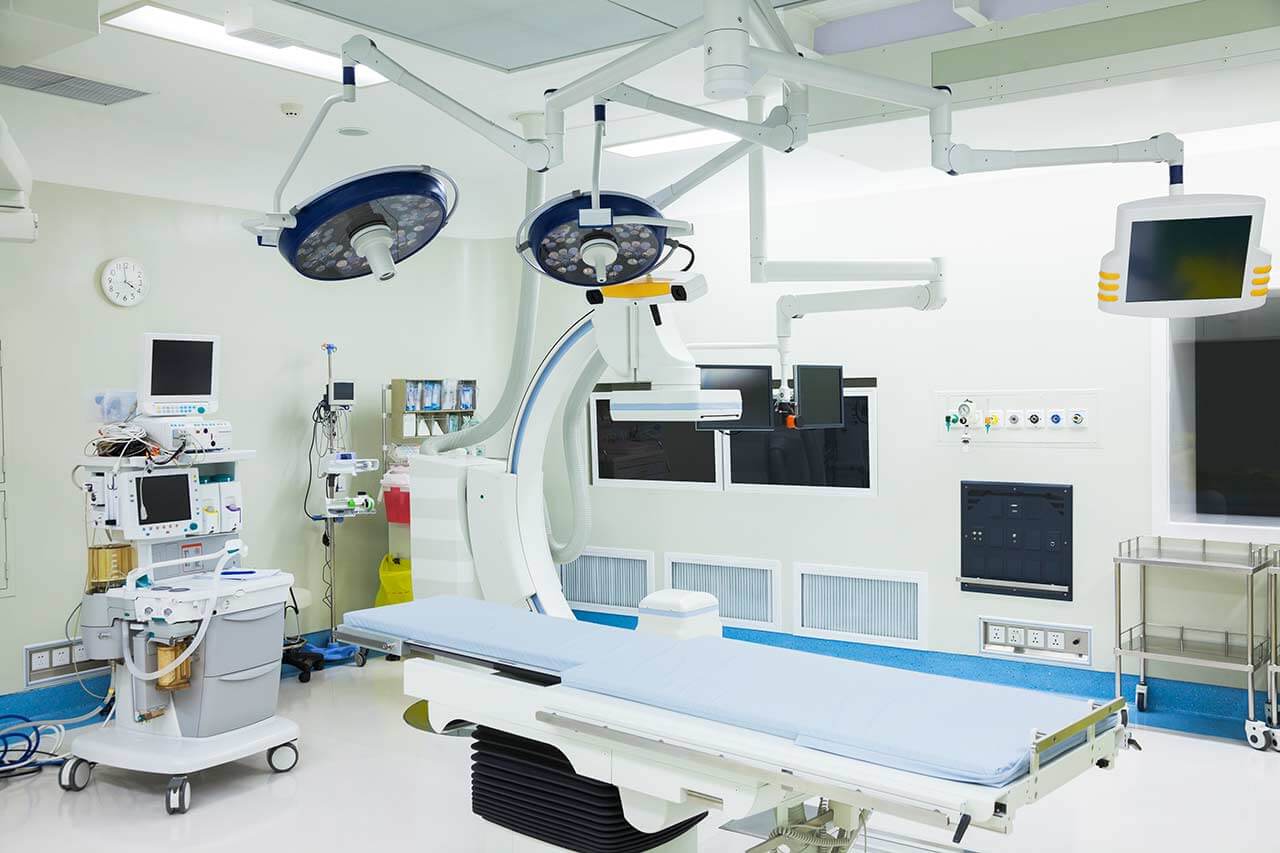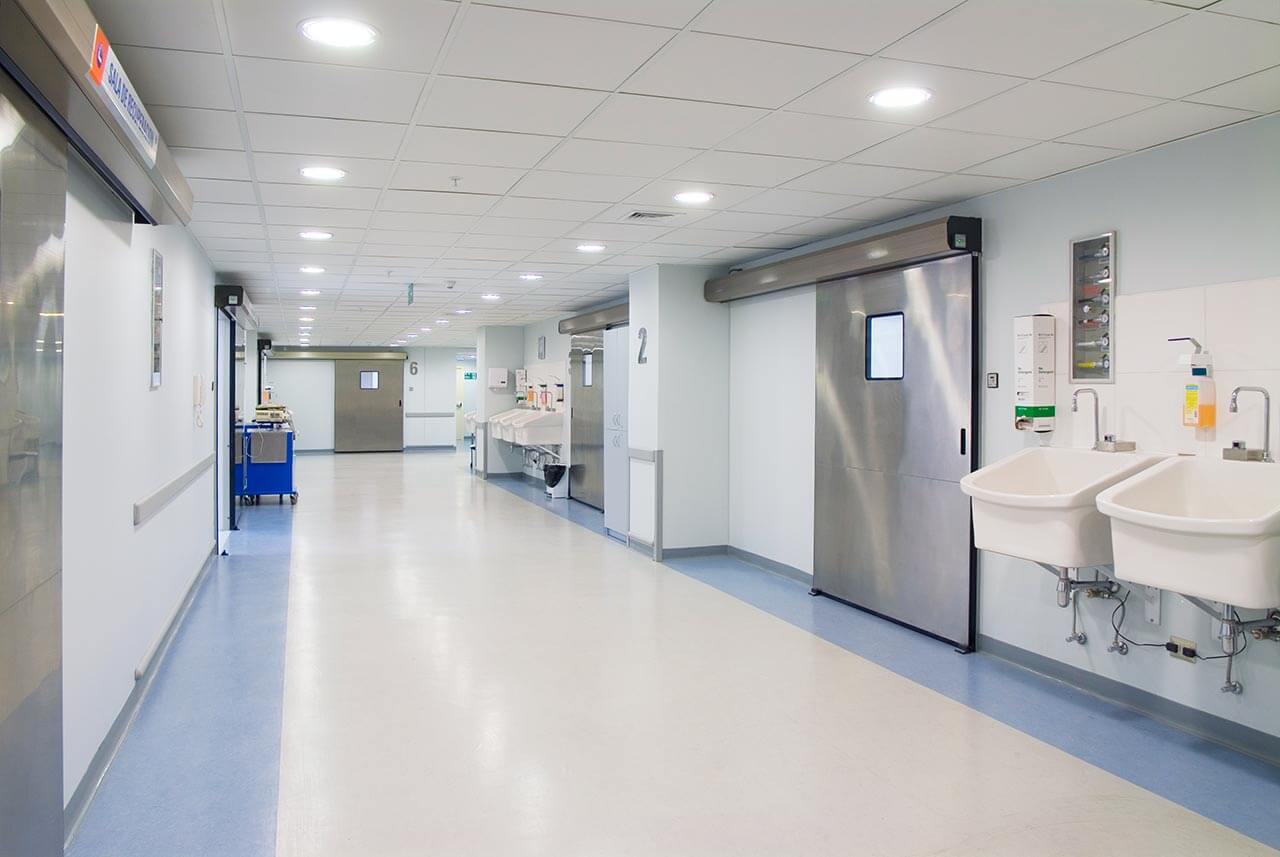
About the Department of Oncology and Hematology at University Hospital Oldenburg
The Department of Oncology and Hematology at the University Hospital Oldenburg offers a full range of medical services in its areas of expertise. The medical facility diagnoses and treats solid malignant tumors and benign and malignant diseases of the hematopoietic system. The department's therapeutic options include both standard and innovative treatment methods. The medical facility successfully uses chemotherapy, immunotherapy, hormone therapy, targeted therapy, antibody therapy, and other therapeutic measures. The medical facility also has gained extensive experience in the field of autologous and allogeneic bone marrow transplantation. The department's specialists participate in numerous national and international clinical trials, which allows them to offer patients more therapeutic modalities. The department's oncologists closely cooperate with doctors of related specialties, including radiation therapists, radiologists, surgeons, gastroenterologists, gynecologists, urologists, etc. In 2020, the department was certified according to the standards of the German Cancer Society (DKG), and in 2019 received the international JACIE accreditation in the field of bone marrow transplantation. In most cases, patients of the department are treated on an outpatient basis. The department is headed by Prof. Dr. med. Claus Henning Köhne.
Treatment begins with a comprehensive examination and individual consultations. The doctors of the department have at their disposal many effective methods of treating oncological diseases. In the field of oncology, an individual approach and development of a treatment regimen in accordance with a specific clinical case are of crucial importance. The method of treatment is determined in interdisciplinary consultations, in which oncologists, surgeons, radiologists, radiotherapists, and other specialists participate. In most cases, surgery to remove the tumor is the first-line treatment. Thanks to modern surgical techniques and improved technologies, many operations are performed using minimally invasive techniques, which contributes to the fastest postoperative recovery and minimal pain. However, surgery may not be enough, so in some cases surgical treatment is supplemented with chemotherapy, including high-dose chemotherapy, immunotherapy, radiation therapy, targeted therapy, or antibody therapy. In the case of incurable oncological diseases, the specialists of the department perform palliative therapy, the purpose of which is to prevent complications and provide the patient with a satisfactory quality of life.
In the field of hematology, the department offers treatment for a wide range of benign and malignant diseases of the blood and lymphatic system, including blood clotting disorders. The main method of treating blood cancer is classical or high-dose chemotherapy. High-dose chemotherapy is used when the chances of recovery with standard chemotherapy are quite low. This type of chemotherapy has a number of side effects, but provides a high chance of recovery. In complex clinical situations, doctors perform autologous or allogeneic bone marrow transplantation in combination with high-dose chemotherapy.
The diagnosis of oncology is usually a strong emotional shock for the patient, which not everyone can cope with on their own. The department offers help from qualified psychologists: specialists work on the patient's fears about the upcoming treatment and help them to prepare for the fight against cancer and a positive treatment outcome. The psycho-emotional state of the patient also plays an important role in the success of treatment.
The department specializes in the diagnosis and treatment of the following diseases:
- Oncology
- Skin tumors
- Head and neck tumors
- Bronchial tumors
- Mediastinal tumors
- Esophageal tumors
- Stomach tumors
- Pancreatic tumors
- Liver tumors
- Bile duct tumors
- Small intestine tumors and carcinoids
- Colon and rectal tumors
- Breast tumors
- Female genital tumors
- Kidney tumors
- Urinary tract tumors
- Male genital tumors
- Soft tissue sarcomas
- Connective tissue tumors
- Germ cell tumors
- Hematology
- Acute and chronic leukemias
- Benign blood diseases
- Blood clotting disorders
- Hodgkin's lymphoma
- Non-Hodgkin's lymphoma
- Other diseases
The department offers the following treatment methods:
- Chemotherapy, including high-dose chemotherapy
- Immunotherapy
- Targeted therapy
- Antibody therapy
- Hormone therapy
- Autologous and allogeneic bone marrow transplantation
- Other therapeutic services
Curriculum vitae
Higher Education
- 1978 - 1985 Medical studies at the Hannover Medical School.
- 1982 -1983 Internship, University of Glasgow, Scotland, Grant from the German Academic Exchange Service (DAAD).
Professional Career
- 1986 - 1987 Internship, Department of Cardiology and Gastroenterology, Robert Koch Clinic, Gehrden.
- 1988 - 1995 Residency, Hannover Medical School.
- 1995 - 1998 Senior Physician, Department of Hematology, Oncology and Tumor Immunology, Robert-Roessel Clinic at the Charité, Humboldt University of Berlin.
- 1998 - 2001 Senior Physician, Department of Internal Medicine, Section of Hematology and Oncology, University Hospital Rostock.
- 2001 - 2004 C3 Professorship, Internal Medicine (focus on oncology), Department of Internal Medicine I, University Hospital Carl Gustav Carus, Technical University of Dresden.
- Since 2004 Head Physician, Department of Oncology and Hematology, University Hospital Oldenburg.
Qualifications
- 1985 Admission to medical practice.
- 1995 Board certification in Internal Medicine.
- 1995 Board certification in Hematology and Oncology.
- 1995 Examinations of the European Society for Medical Oncology (ESMO) in oncology.
- 2000 PD in Internal Medicine, University of Rostock.
Memberships in Professional Societies
- American Association for Cancer Research (AACR).
- Working Group for Internal Oncology (AIO).
- American Society of Clinical Oncology (ASCO).
- German Cancer Society (DKG).
- German Society of Hematology and Medical Oncology (DGHO).
- Working Group for Gastroenterology of the European Organization for Research and Treatment of Cancer (EORTC).
- European Society for Medical Oncology (ESMO).
- International Society of Geriatric Oncology (SIOG).
Collaboration in Scientific Committees and Professional Societies
- Founding Member of the PETACC Pancreatic Cancer Programme.
- Coordinator of the PETACC 2 study.
- Coordinator of studies no. 40952, 40986, 40015, European Organisation for Research and Treatment of Cancer (EORTC).
- Secretary of the Working Group for Gastroenterology, EORTC (2001 - 2007).
- Member of the Editorial Board of the Annals of Oncology.
- Advisor to the European Medicines Evaluation Agency, London.
- Advisor to the AQUA Institute for Quality Improvement and Research in Healthcare, Goettingen.
Photo of the doctor: (c) Klinikum Oldenburg AöR




